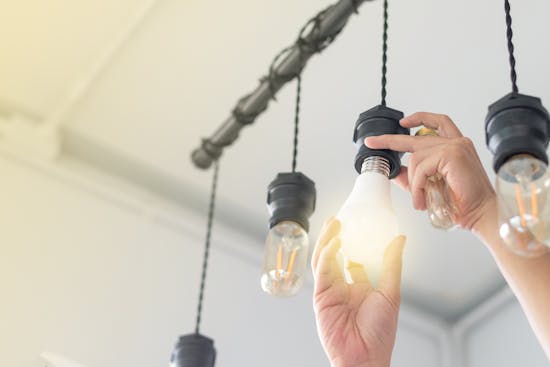If 2019 is the year you’re thinking of expanding your property portfolio, there’s a good chance that you’ll be looking at some properties that are up for auction. The rise in clearance rates has been an excellent indicator that property prices are becoming more stable after a sharp decline late last year.
Whether this is your first or fifth auction, bidding can be intimidating. Setting yourself up for success at an auction can be the difference between winning the property you want for a fair price, getting carried away and paying far too much, or letting the property go.
By following our action purchase top tips, you’ll be going into the auction process with your eyes open and setting yourself up for success.
Get your ducks in a row
Ensure that you have your loan or finances in order before bidding at auction. Rules differ from state to state but you will be expected to have a deposit cheque ready to go on the day of the auction.
Banks care about serviceability. When approaching the bank for a loan, it’s a good idea to have a rental market appraisal completed. It’s good for your records and number crunching but may also help you borrow more to secure the right home.
It’s also important to have any building and pest inspections completed as once a property is purchased at auction there is no cooling off period. Once the contract has been signed the deal is done.
Don’t let emotions get involved. Understand the value of the property
Even though purchasing a property can be an emotional experience, try not to let emotions overtake logic when it comes to price. Ask the selling agent, and other local agents, for comparable sales. Once you have an idea of what a fair market price for the property is, don’t bid over the value of the property.
Watch and learn
Attend other local and price comparable auctions in the lead up to the one you want to bid on so your not overwhelmed with the process on the day. To get real insight, attend auctions held by the same auctioneer selling the property you’re looking at purchasing. It will give you insight into style and tactics.
‘Practice auctions’ are really interesting and can be quite fun!
Bid soon, start low and go slow
Don't jump in to bid at the last minute when the price is high is stressful. By keeping the bidding slow and low, it gives the seller an opportunity to lower the reserve price. You may be able to nab a bargain.
When calling out your bids be sure to call the full dollar amount rather than the increment so there is no confusion.
Stick to your limit
If you have your finances in order and have done your homework on the value of the property you should know what you are willing to spend on the property. In saying that, if you really want it there is nothing more annoying than missing out by $5k so give yourself a little wiggle room.
If you feel like you could get swept away in the excitement of an auction (easy enough to do), consider using a buyer’s agent or having a friend do the bidding for you.
After the auction, you will need to pay the deposit, usually 10 percent of the purchase price. This can be paid either by bank cheque or a personal cheque. Obviously, you’re not going to know the exact amount for the bank cheque so if you plan on using a bank cheque for the deposit have a little more than 10 percent of your limit, it just means that you will pay less off your loan later.
If for any reason you need to pull out of the purchase you will be liable for the full deposit. So making sure this is the right time, right property and the right price is essential.
Disclaimer: The views, information, or opinions expressed in this blog post are for general information purposes only and should not be relied upon. We have not taken into account specific situations, facts or circumstances, and no part of this blog post constitutes personal financial, legal, or tax advice to you. You should seek tax advice from your accountant, specific to your situation.
.jpg?ixlib=gatsbyFP&auto=compress%2Cformat&fit=max&rect=0%2C0%2C6093%2C4143&w=2000&h=1360)



.png?ixlib=gatsbyFP&auto=compress%2Cformat&fit=max&rect=0%2C0%2C4000%2C1400&w=700&h=245)

